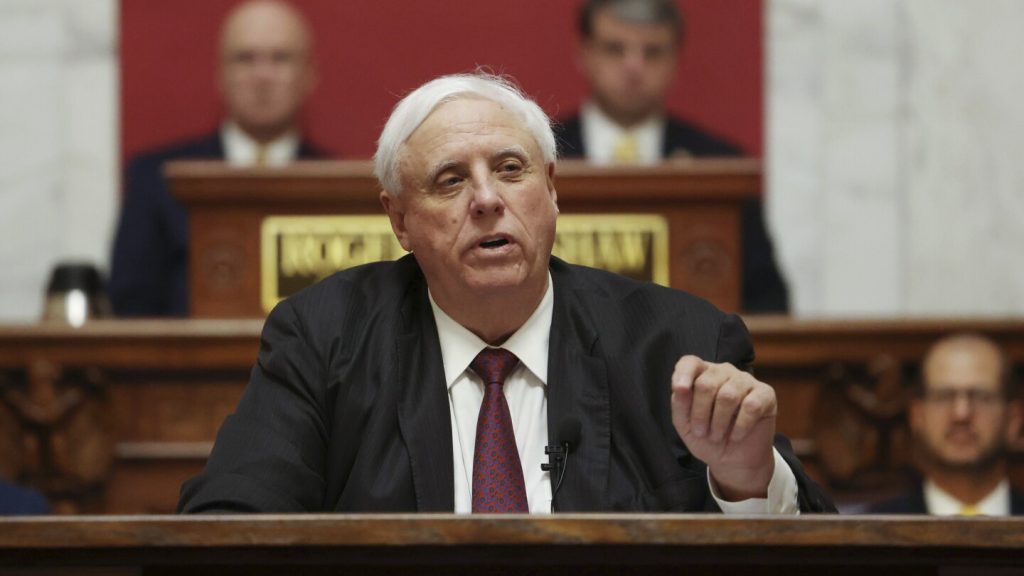Gov. Jim Justice announced that West Virginia will not have to return $465 million in COVID-19 relief funds to the U.S. Department of Education, easing concerns raised by lawmakers during the legislative session in March. The state received over a billion dollars in federal aid to support students during the pandemic, with the condition that education funding would remain at or above pre-pandemic levels. West Virginia needed to match federal funding dollar-for-dollar in 2020 and 2021, and the federal government would examine the percentage of the state budget spent on education in 2022 and 2023.
During the final days of the legislative session in March, West Virginia had not been approved for a waiver for 2023, causing uncertainty and leading lawmakers to consider passing a “skinny budget” and reconvening in May to address unfinished business. Governor Justice assured that his office was negotiating with federal officials and expected a positive resolution, pointing to investments in school services and teacher pay raises since 2018. Justice expressed confidence that the waiver would be approved, highlighting the state’s dedication to building projects and providing teaching aides to enhance math and reading skills in classrooms.
The federal government’s decision to waive the regulations for West Virginia in 2022 was welcomed by Governor Justice, who had never doubted the approval of the waiver. State documents revealed that West Virginia spent $8,464 per K-12 pupil in 2024, compared to $7,510 during Justice’s first year as governor in 2017. However, despite increased overall spending from $4.9 billion in 2017 to $6.2 billion in 2023, the percentage allocated to education decreased from 51% to 43% over the same period. This decline in the education budget percentage raised concerns from federal authorities, prompting the state to emphasize its investment in education with a $150 million allocation for the School Building Authority in the upcoming fiscal year starting in July.
Governor Justice emphasized the state’s commitment to education and highlighted various initiatives aimed at improving educational outcomes, such as investments in school infrastructure and additional support for teachers. The announcement that West Virginia would not face a clawback of federal funds provided relief to lawmakers and stakeholders who had expressed concerns about the potential repercussions. The decision also underscored the importance of maintaining consistent levels of education funding to meet federal requirements and ensure that students continue to receive necessary support during challenging times.
By securing the waiver for the federal funds, West Virginia can now focus on utilizing the resources to strengthen its education system and address the evolving needs of students and schools. The resolution of this issue reflects the state government’s proactive approach to navigating complex challenges and maintaining financial stability while prioritizing investments in education. Governor Justice’s leadership in advocating for the waiver and securing approval demonstrates a commitment to preserving vital resources for education and ensuring the well-being of West Virginia’s students and educators.


